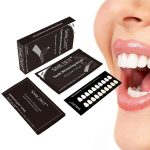Teeth Whitening: How Often is Too Often?
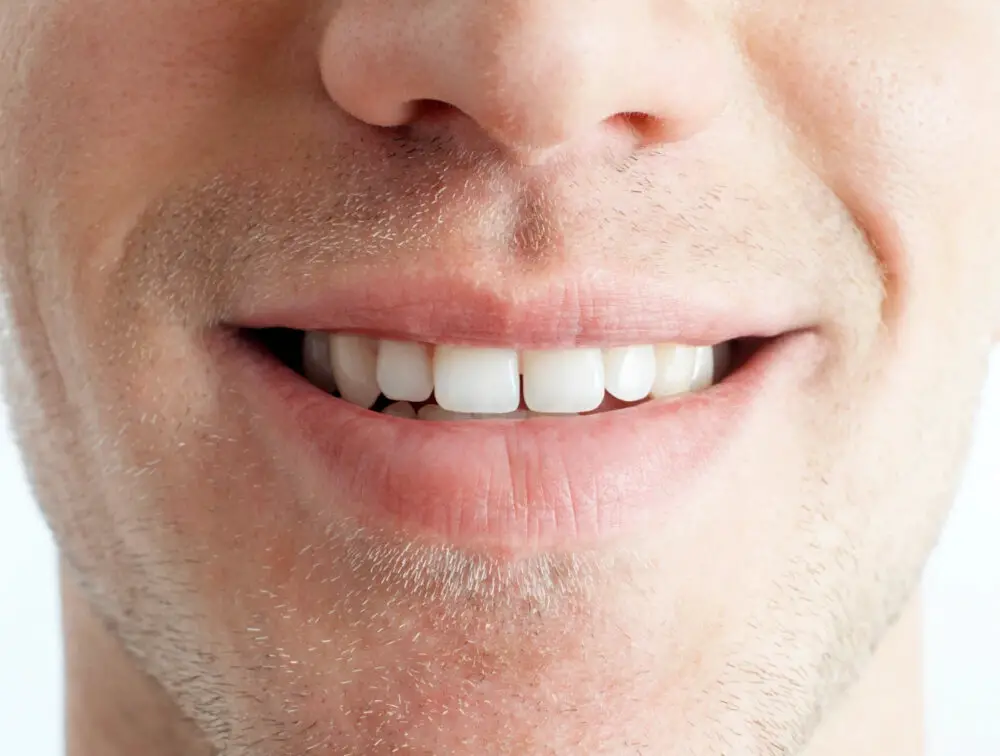
A bright, white smile is often considered a sign of good oral hygiene and can be a confidence booster for many individuals. With the rise in popularity of teeth whitening products, it’s not uncommon for people to wonder how often they can whiten their teeth without causing harm. Although teeth whitening can be an effective way to remove stains and discoloration, overuse can lead to tooth sensitivity and other oral health issues. So, how often is too often when it comes to teeth whitening? To answer this question, it’s important to understand how teeth whitening works. Most teeth whitening products use a bleaching agent, such as hydrogen peroxide or carbamide peroxide, to remove stains and discoloration from the enamel of the teeth. While these agents are safe in small doses, overuse can lead to damage to the enamel and increase the risk of tooth decay. Additionally, some people may experience increased tooth sensitivity or gum irritation with prolonged use of teeth whitening products. Therefore, it’s important to use these products in moderation and to consult with a dental professional before beginning any whitening regimen.
Teeth whitening is the process of removing stains and discoloration from teeth to make them appear whiter and brighter. This is achieved by using bleaching agents such as hydrogen peroxide, carbamide peroxide, or other active ingredients that penetrate the enamel and break down the stains. There are many different methods of teeth whitening, including in-office treatments, at-home kits, and natural remedies. While teeth whitening can be a safe and effective way to improve the appearance of your smile, it is important to remember that overdoing it can cause damage to your teeth and gums. It is recommended to consult with a dentist before starting any teeth whitening regimen and to follow the instructions carefully to avoid over-whitening.
Maintaining dental health is crucial not only for a sparkling smile but also for overall well-being. Poor oral hygiene can lead to various health issues, such as gum disease, tooth decay, and even heart problems. Ignoring dental problems can result in tooth loss, which can affect your self-esteem and quality of life. In addition, a healthy mouth can prevent bad breath, reduce the risk of cavities, and improve digestion. Regular brushing, flossing, and visiting the dentist for checkups and cleanings can help maintain dental health. While teeth whitening can enhance the appearance of teeth, it should not replace good oral hygiene practices.
While teeth whitening products can help you achieve a brighter smile, overusing them can pose potential dangers. One of the most common side effects of overusing teeth whitening products is tooth sensitivity. This occurs when the bleaching agents in the product penetrate the enamel and irritate the nerves in the teeth. Additionally, overuse can lead to enamel erosion, which can cause irreversible damage to your teeth. Moreover, using teeth whitening products too often can also lead to gum irritation and damage to the soft tissue in the mouth. Therefore, it is essential to use these products in moderation and under the guidance of a dental professional to avoid any potential harm to your oral health.
Understanding Teeth Whitening

Teeth whitening is a popular cosmetic dental procedure that involves removing discoloration and stains from teeth. There are several methods of teeth whitening, including in-office treatments, at-home treatments, and over-the-counter products. The most common active ingredient in teeth whitening products is hydrogen peroxide, which works by penetrating the enamel and breaking down the stains. Teeth whitening can be an effective way to improve the appearance of your smile, but it’s important to understand the process and potential risks before undergoing treatment. While teeth whitening is generally safe, it can cause some side effects, such as tooth sensitivity and irritation of the gums. Overuse of teeth whitening products can also lead to enamel erosion and damage to the teeth. It’s important to follow the instructions carefully and avoid using teeth whitening products too frequently. In general, it’s recommended to wait at least six months between teeth whitening treatments to give your teeth time to recover. If you’re considering teeth whitening, it’s important to talk to your dentist to determine the best method and frequency for your individual needs.
Teeth whitening is a cosmetic procedure that aims to remove stains and discoloration from teeth. The process involves using a bleaching agent, usually hydrogen peroxide, to break down the stains and remove them from the enamel. The bleaching agent penetrates the enamel and reaches the dentin layer underneath, lightening the color of the tooth. The process can be done in-office by a dental professional or at home using a whitening kit. Overuse of teeth whitening products can cause sensitivity and damage to the enamel, so it is important to follow the recommended frequency and duration of use.
There are various types of teeth whitening products available in the market to help people achieve a brighter smile. The most common types of teeth whitening products are toothpaste, strips, gels, trays, and in-office treatments. Whitening toothpaste contains mild abrasives that help to remove surface stains, while whitening strips and gels contain peroxide-based chemicals that bleach the teeth. Whitening trays are custom-made to fit over the teeth and contain a whitening gel that needs to be applied daily for a few hours. In-office treatments are the most effective and fastest way to whiten teeth, which involves applying a high concentration of peroxide gel to the teeth and using a special light to activate the gel. It is important to note that overusing these products can damage the tooth enamel and cause sensitivity, so it is essential to follow the instructions provided and consult with a dentist before starting any whitening treatment.
Teeth whitening has become a popular cosmetic treatment in recent years, but it’s important to know how often it can be done safely. While there is no set limit to the number of times teeth whitening can be done, it’s recommended to wait at least six months between treatments. Overdoing it can lead to tooth sensitivity, gum irritation, and even enamel erosion. It’s also important to note that teeth whitening is not a permanent solution, so it’s better to maintain good oral hygiene habits and limit consumption of staining substances like coffee, tea, and tobacco to prolong the results of the treatment. Ultimately, consulting with a dental professional is the best way to determine the safest and most effective teeth whitening regimen for individual needs.
How Often is Too Often

Teeth whitening is a popular cosmetic dental procedure that has become a trend in recent years. It is a great way to enhance the appearance of your teeth and boost your self-confidence. However, it is important to understand that teeth whitening is not a one-time procedure. How often is too often? This is a question that many people ask themselves when considering teeth whitening. Although teeth whitening is generally safe, overdoing it can cause damage to your teeth and gums. The frequency of teeth whitening depends on the method used and the individual’s oral health. In-office whitening treatments, for instance, can be done every six months or annually, while at-home treatments can be done every six months. Overdoing it can lead to teeth sensitivity, enamel erosion, and gum irritation. It is important to follow your dentist’s instructions and not to exceed the recommended frequency of whitening treatments. It is also important to maintain good oral hygiene practices and avoid consuming foods and drinks that can stain your teeth, such as coffee, tea, and red wine. By doing so, you can prolong the effects of teeth whitening and keep your smile looking bright and healthy.
The frequency at which teeth whitening can be done depends on several factors. Firstly, the method used to whiten teeth plays a crucial role. Generally, teeth whitening procedures that use hydrogen peroxide or carbamide peroxide can be done less frequently, while those that rely on abrasive materials should be done less often to avoid damaging the enamel. Secondly, the degree of discoloration of the teeth and the desired level of whiteness are also significant factors. If a patient has very discolored teeth and wants to achieve a bright white smile, they may need to undergo teeth whitening more frequently. Finally, the patient’s oral hygiene habits and lifestyle choices, such as smoking and consuming staining substances like coffee and wine, can affect the frequency of whitening needed to maintain a bright smile.
Overusing teeth whitening products can lead to various risks that can cause damage to your teeth and gums. The excessive use of these products can strip off the enamel layer, which acts as a protective layer of your teeth, making your teeth more susceptible to sensitivity and decay. Moreover, using these products excessively can also cause gum irritation, inflammation, and even bleeding. The chemicals present in teeth whitening products can irritate the soft tissues of your mouth, causing painful sores and blisters. In addition to this, overusing these products can also lead to uneven whitening, resulting in a patchy and unnatural appearance of your teeth. Therefore, it is essential to use teeth whitening products as directed and in moderation to avoid any adverse effects.
Professional recommendations for teeth whitening frequency suggest that it should not be done excessively. Teeth whitening is a cosmetic procedure that involves the use of products that contain hydrogen peroxide or carbamide peroxide to bleach the teeth. While teeth whitening can make your teeth look brighter and more attractive, it can also cause damage if done too often. Overuse of teeth whitening products can weaken the enamel, cause tooth sensitivity, and even lead to gum irritation. Therefore, it is recommended that teeth whitening be done no more than once every six months or as advised by your dentist. It is also important to maintain good oral hygiene practices, such as brushing and flossing daily, to keep your teeth healthy and avoid the need for excessive teeth whitening.
Alternatives to Teeth Whitening
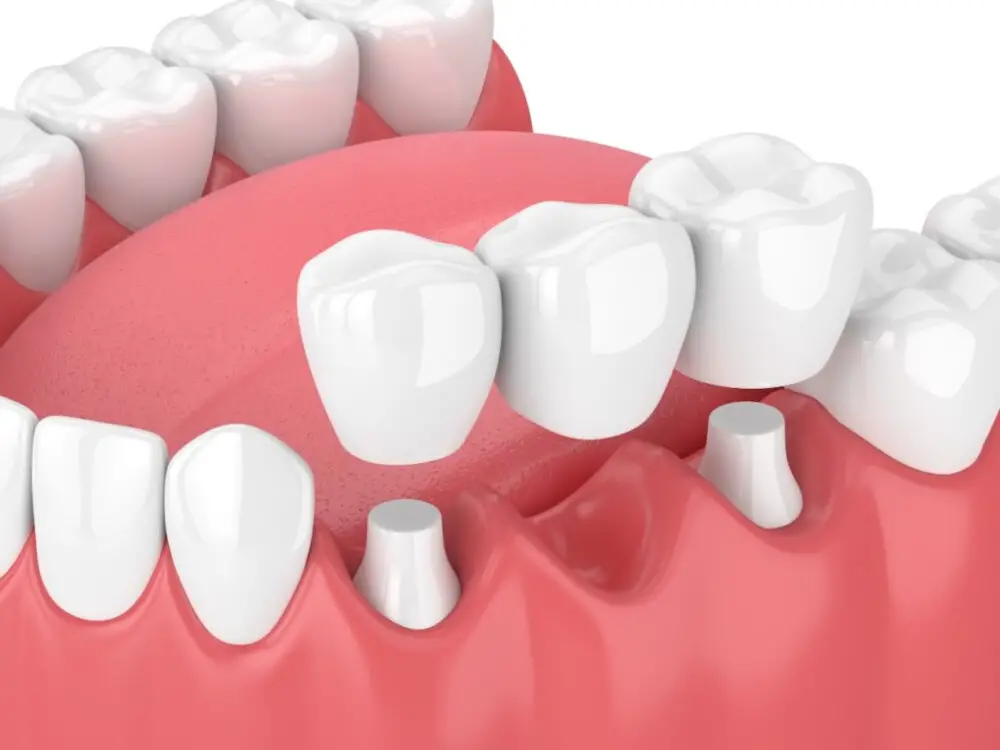
While teeth whitening may seem like the most obvious solution to achieving a brighter smile, there are alternative methods that can be just as effective. One such method is oil pulling, which involves swishing oil around in your mouth for 15-20 minutes each day. Coconut oil is a popular choice for oil pulling due to its antibacterial properties. Oil pulling can remove harmful bacteria and plaque from your teeth, in turn reducing the appearance of stains. Another benefit of oil pulling is that it can improve overall oral health by promoting healthy gums and preventing bad breath. Another alternative to teeth whitening is to make dietary changes. Certain foods and beverages can cause teeth staining, so avoiding or limiting them can help prevent future discoloration. Dark-colored drinks such as red wine, coffee, and tea are known culprits of teeth staining, as are acidic foods like citrus fruits and tomato sauce. On the other hand, incorporating foods that naturally whiten teeth into your diet can be beneficial. Strawberries, apples, and celery are all good options as they contain malic acid, which helps to remove surface stains. In addition, drinking plenty of water can help to wash away food particles and prevent staining.
There are many natural remedies that can help whiten teeth without the need for harsh chemicals or expensive treatments. One popular method is brushing with baking soda, which can help remove surface stains and brighten your smile. Another option is using hydrogen peroxide as a mouthwash – just mix equal parts water and 3% hydrogen peroxide, swish it around your mouth for a minute, and spit it out. Other natural ways to whiten teeth include eating crunchy fruits and vegetables like apples and carrots, which can help scrub away plaque and stains, and oil pulling with coconut oil, which has antimicrobial properties that can help keep your teeth clean and healthy. However, it’s important to remember that these natural methods may take longer to see results, and they’re not a substitute for regular brushing and dental care.
While teeth whitening is a popular way to enhance the appearance of teeth, there are other dental procedures that can also improve the look of your smile. For example, dental bonding can be used to cover up chips or cracks in teeth, while dental veneers can be placed over teeth to improve their shape, size, and color. Orthodontic treatments like braces or clear aligners can also straighten crooked teeth, while gum contouring can reshape the gumline to create a more symmetrical and proportionate smile. Ultimately, the best way to determine which dental procedure is right for you will depend on your specific needs and goals, as well as your dentist’s recommendation.
Consulting with a dentist is of utmost importance when it comes to maintaining good dental health. A dentist is a trained and licensed professional who can provide expert advice on oral hygiene, detect and treat dental problems, and recommend appropriate treatments. When it comes to teeth whitening, consulting with a dentist is especially important to ensure that the procedure is done safely and effectively. Overuse of teeth whitening products can damage the enamel of the teeth and cause sensitivity, so it is important to consult with a dentist to determine the appropriate frequency and method for teeth whitening. A dentist can also recommend alternative treatments or procedures to achieve a brighter smile without causing harm to the teeth. Overall, consulting with a dentist is an essential part of maintaining good dental health and achieving a beautiful, healthy smile.
Maintaining Dental Health
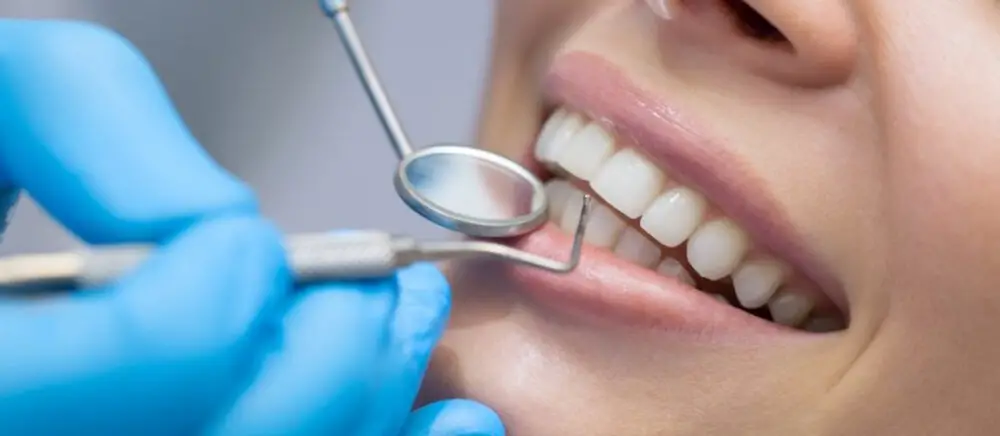
Maintaining dental health is a crucial aspect of overall health and well-being. Brushing your teeth twice a day, flossing regularly, and visiting your dentist for routine check-ups are essential habits to keep your teeth healthy and strong. Neglecting your dental health can lead to tooth decay, gum disease, bad breath, and even tooth loss. It’s important to establish a dental care routine that works for you and stick to it. Additionally, maintaining a healthy diet and avoiding sugary or acidic foods can also contribute to better dental health. While teeth whitening can be an effective way to brighten your smile, it’s important to not overdo it. Whitening your teeth too often can damage the enamel, making your teeth more prone to sensitivity and decay. It’s recommended to only whiten your teeth once or twice a year, depending on your dental health and the type of whitening treatment you choose. It’s also important to consult with your dentist before starting any whitening treatment to ensure that it’s safe for your teeth and to avoid any potential complications. By maintaining good dental health and practicing safe teeth whitening habits, you can keep your smile bright and healthy for years to come.
Proper dental hygiene is crucial for maintaining healthy teeth and gums. It involves regular brushing, flossing, and dental check-ups to prevent dental problems such as cavities, gum disease, and bad breath. Neglecting dental hygiene can lead to serious health issues, including heart disease and diabetes. Teeth whitening, while a popular cosmetic treatment, should never be a substitute for good oral hygiene. Over-whitening can damage tooth enamel and cause sensitivity, so it’s important to follow the recommended guidelines and consult with a dentist before undergoing any whitening treatment. Ultimately, keeping up with proper dental hygiene is essential for maintaining a beautiful and healthy smile for years to come.
Maintaining healthy teeth and gums is essential to achieve a brighter and more confident smile. One of the most important tips is to brush your teeth twice a day using fluoride toothpaste and a soft-bristled toothbrush. Flossing daily is also crucial to remove plaque and food particles between teeth. Additionally, limiting sugary and acidic foods and drinks can prevent tooth decay and erosion. Regular dental check-ups and cleanings are also recommended to detect and prevent any oral health problems. Moreover, quitting smoking and tobacco use can significantly reduce the risk of gum disease and tooth loss. Incorporating these habits into your daily routine can improve your overall oral health and prevent the need for excessive teeth whitening treatments.
Dental health is directly linked to overall health in numerous ways. Poor oral hygiene can lead to a host of health issues, such as gum disease and tooth decay, which can cause infections and inflammation throughout the body. It has been shown that oral bacteria can enter the bloodstream, contributing to conditions such as heart disease, stroke, and diabetes. Additionally, poor dental health can affect one’s ability to eat and digest food properly, leading to malnutrition and other gastrointestinal issues. Therefore, it is essential to maintain good dental hygiene habits, including regular dental checkups and cleanings, brushing and flossing daily, and avoiding excessive consumption of sugary and acidic foods and beverages.
Maintaining dental health is essential for overall well-being, and teeth whitening plays a significant role in achieving a beautiful and healthy smile. Yellow, stained teeth can not only make a person look unattractive but also make them feel self-conscious and affect their confidence. Teeth whitening can remove stains caused by food, drinks, smoking, and aging, making teeth look brighter and whiter. However, it is crucial to maintain good dental hygiene practices to prevent discoloration and maintain the effects of teeth whitening. Brushing twice a day, flossing regularly, avoiding dark-colored foods and drinks, and scheduling regular dental checkups are some tips to keep teeth healthy and white. While teeth whitening can be done at home or in-office, it is advisable to consult a dentist to determine the best option and how often it should be done to avoid damaging tooth enamel.
In conclusion, teeth whitening is a safe and effective way to enhance the appearance of your smile. However, it is essential to remember that overdoing it can cause damage to your teeth and gums. The frequency of teeth whitening treatments depends on individual factors such as the strength of the whitening agent and the condition of your teeth. It is recommended to consult with a dental professional before starting any teeth whitening regimen to ensure that it is safe for your teeth and gums. As a general guideline, it is best to limit teeth whitening treatments to once every six months to a year, and to practice good oral hygiene habits to maintain the whiteness of your teeth.
Conclusion
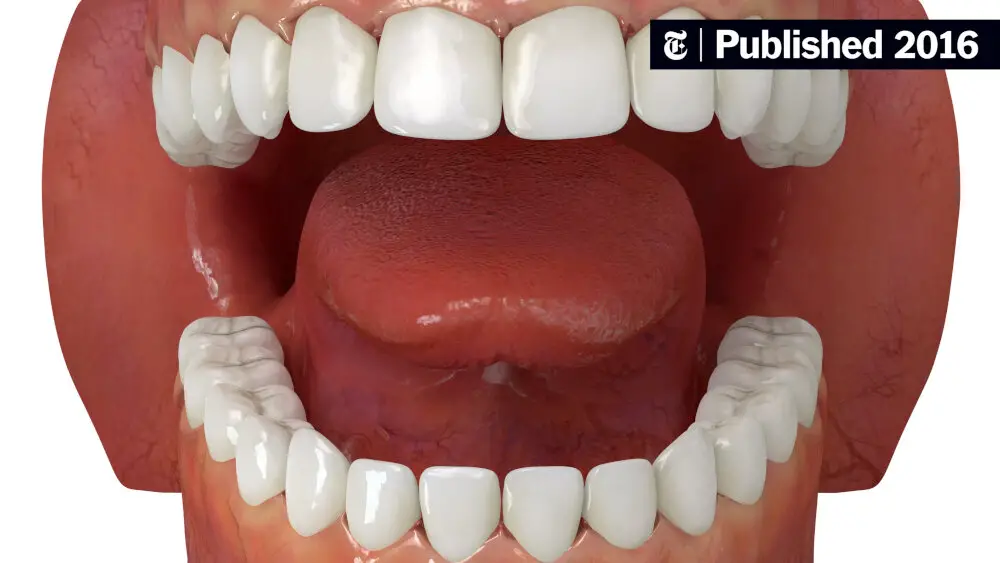
In conclusion, while teeth whitening is a popular cosmetic dental procedure that can greatly enhance the appearance of one’s smile, it is important to use it in moderation. Overuse of teeth whitening products or procedures can cause damage to the enamel of the teeth, leading to sensitivity, discoloration, and other dental problems. It is recommended to consult with a dental professional and follow their guidelines on how often to whiten your teeth, as well as to practice good oral hygiene habits to maintain a healthy and beautiful smile. Remember, a bright smile is just one aspect of dental health, and it is important to prioritize the overall health of your teeth and gums.




